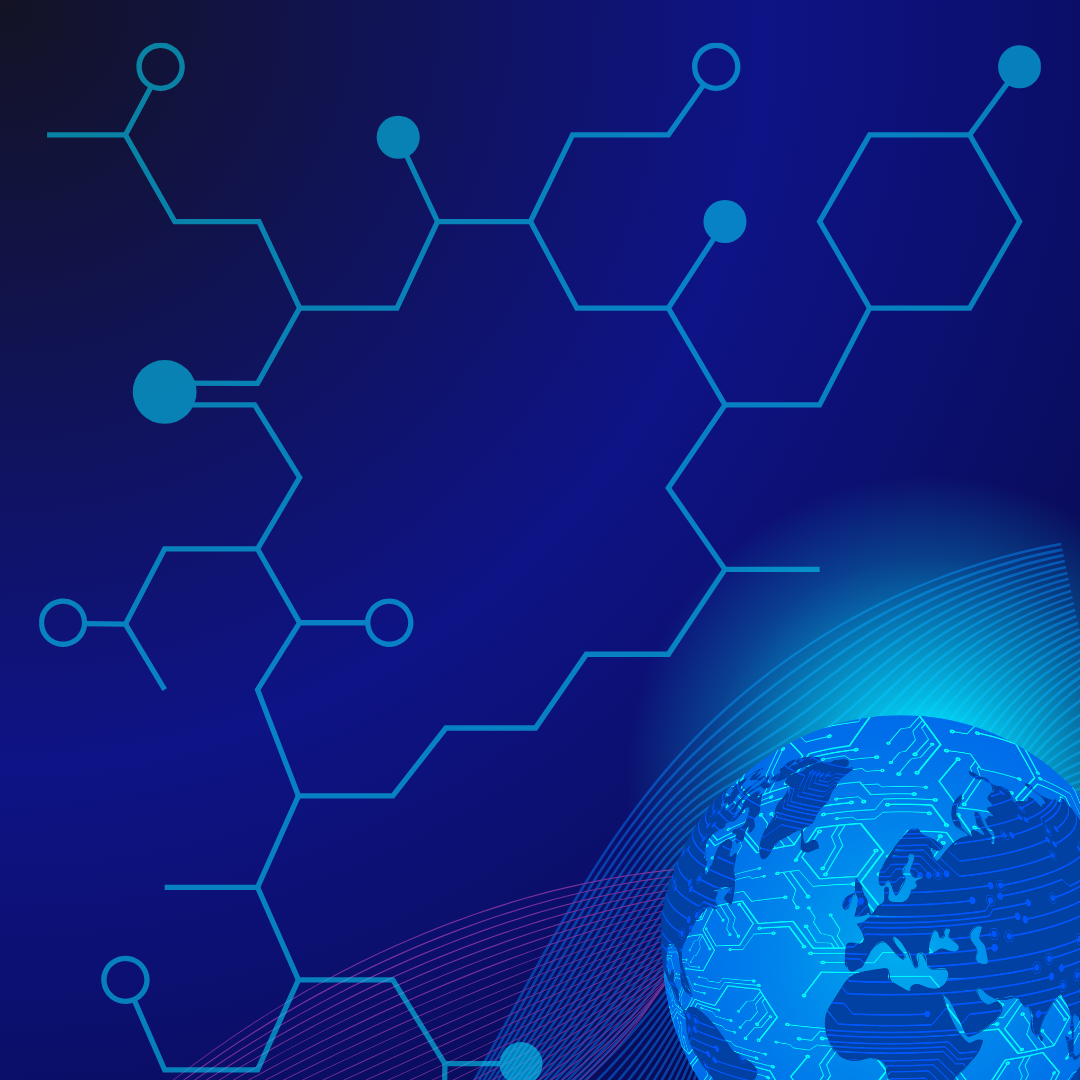IoT Development
IoT development is the process of creating internet-connected applications and products that can gather, distribute, and analyze data. Consider how sensors and internet connectivity could be integrated into ordinary products such as thermostats, light bulbs, and even industrial machinery. This allows them to send and receive data, be remotely controlled, and even learn and adapt based on acquired data. IoT development effectively connects the physical and digital worlds, enabling automation, increased efficiency, and the creation of whole new possibilities across a wide range of businesses.
‘We bring your connected ideas to life’
The demand for IoT development comes from the desire to connect everyday objects to the internet. This allows them to collect, share, and analyze data. This data can help us learn important things, automate tasks, be more productive, and improve processes in many types of businesses. IoT development can change the way we live, work, and interact with our environment. It includes things like smart homes, connected cities, industrial automation, and remote healthcare.

IoT Development
Our Recipe for Successful IoT Solutions
While we use recognized processes like Agile and secure development standards, Siddh Hundi distinguishes itself through a number of innovative approaches:
-
Deep Domain Expertise: We go beyond simply coding. Our staff has extensive expertise of individual industries and their unique IoT difficulties, assuring solutions matched to your specific requirements.
-
Focus on User Experience: Beyond device functionality, we prioritize building intuitive and user-friendly interfaces that allow for seamless interaction with your IoT environment.
-
Security by Design: Security isn't an afterthought. We build strong security features throughout the development process to protect your data and devices.
-
Agile Prototyping & Validation: We ensure that your solution matches your changing needs and expectations by using quick prototyping and iterative testing methods.
-
Future-Proofing & Scalability: We develop solutions with scalability in mind, ensuring that your IoT system can accommodate future growth and shifting demands.
-
Collaborative Partnerships: We collaborate closely with you throughout the process, encouraging open communication and ensuring your idea is realized.
Industries We Serve
Manufacturing
Optimizing production lines, predictive maintenance, real-time inventory management, and supply chain logistics are some areas where IoT can significantly impact manufacturing.
Healthcare
Remote patient monitoring, medication adherence tracking, smart wearables for fitness and health monitoring, and connected medical devices are transforming healthcare delivery and patient experience.
Retail
Smart shelves for automated stock management, personalized customer experiences, and real-time analytics to optimize inventory and pricing strategies are reshaping the retail landscape
Agriculture
Precision agriculture with targeted irrigation, soil nutrient monitoring, and weather data analysis can improve yields and resource management.
Energy and Utilities
Smart grids for efficient energy distribution, demand-side management, and remote meter reading are becoming increasingly crucial in the energy sector.
Transportation and Logistics
Connected vehicles, fleet management systems, real-time traffic monitoring, and predictive maintenance for transportation infrastructure are driving innovation in this industry.
Smart Cities
From connected traffic lights and parking management to environmental monitoring and waste management, IoT plays a vital role in building smarter and more sustainable cities.
Construction
Connected devices can enhance construction site safety and efficiency by tracking equipment, monitoring building conditions, and enabling real-time progress updates
Our Industry-Specific IoT Development Solutions
1. Consumer IoT Development:
This domain focuses on developing solutions for everyday usage in the home, such as smart appliances, thermostats, security systems, and entertainment devices. The primary emphasis is on usability, ease, and seamless integration into daily activities.
2. Industrial IoT Development (IIoT):
IIoT development aims to create solutions for industries like manufacturing, focusing on tasks like automating processes, tracking assets, predicting maintenance needs, and monitoring operations from a distance. The goal is to improve efficiency, make decisions based on data, and use advanced connection methods tailored for industrial use.
3. Enterprise IoT Development:
This
How IoT Development Drives Innovation and Growth
The advantages of developing IoT (Internet of Things) technology extend beyond just automating tasks. When businesses connect devices and gather important data, they can get instant insights, improve how they operate, and make decisions based on data.
This leads to better efficiency, lower costs, and higher quality products or services. IoT allows organizations to come up with innovative solutions, create new ways to make money, and enhance customer experiences.
Why Are We The Trusted Partner?
- Agile Prototyping & Validation
- Future-Proofing & Scalability
- Security by Design
- Collaborative Partnerships
- Open-Source Technology Integration
- Cloud-Based Solutions
- End-to-End Project Management
- Quality Assurance & Testing
- Device Agnostic Approach
- Integration Expertise
- Machine Learning & Artificial Intelligence
- Big Data Management & Analytics Expertise
- Proven ROI
Get Started With Siddh Hundi
Don't just imagine a connected future; create one with Siddh Hundi. We are your one-stop shop for transformational IoT development services, from concept to implementation and beyond.
Contact us immediately and allow our committed team of experts to make your vision a reality.
We can unleash the full potential of the Internet of Things and transform the way you do business.

